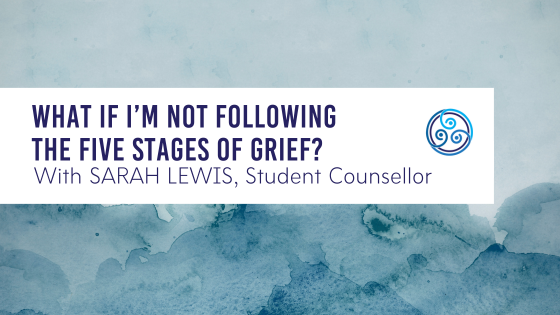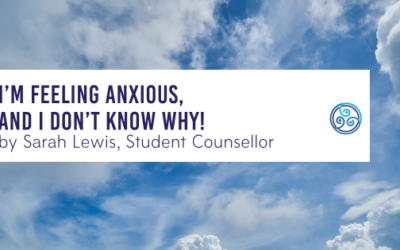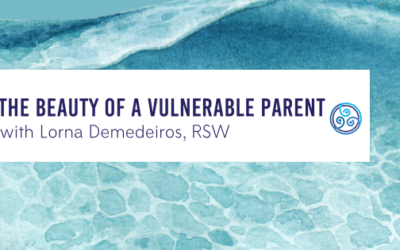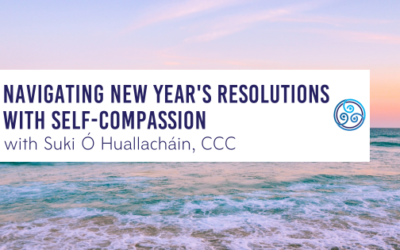This is a common question; one that I’ve even asked myself. You have likely heard the stages: denial, anger, bargaining, depression and acceptance. They are usually referred to as if they are set of chapters we must complete after a loss; as we finish one, we start another. What if I told you that these five stages were not developed from research on people who had lost loved ones, but rather it was based on research from studying those that were processing their ownupcoming death? When I learned this, I was a bit shocked to be honest! Those five stages seem to be accepted by society as the norm, but if they aren’t based on science of those who have experienced loss, then what is considered “normal”?
There has been quite a bit of research on grief, bereavement, and loss in the past 20 years, and the way people cope with grief varies significantly as do the emotions that come with it. It is normal to experience sadness, joy, relief, loss, anger, and peace. When grieving the loss of a loved one, positive emotions are just as common as negative ones. Feeling sad more does not mean we loved more, and experiencing a positive emotion after loss does not mean we loved less.
Many people may seem skeptical if someone appears too okay after a loss, and it is often assumed they are stuck in the “denial phase”. If the denial phase is not actually associated with loss, then what is happening? What they are seeing is quite possibility a sign of resilience. Resilience is considered the ability to thrive when working through adversity. As Pauline Boss put it, resilience is, “maintaining one’s physical and emotional health and one’s spirit for living life with joy” (2006). As death is an inevitable part of life, the ability to move on with our own life and still find love and meaning becomes the ultimate goal when working through grief.
Some circumstances of loss make grief harder to process and can make a path of resilience feel impossible; this is where a counsellor can be most useful. Complicated grief is marked with feelings of intense sadness, constant thoughts about the lost loved one, and an inability to focus on anything other than the loss. Ambiguous grief is a term used to describe a situation where the feeling of loss is associated with a person who is present but also not present. Examples of this can include a parent with Alzheimer’s or a family member who has gone missing; these situations can be ongoing for many years and lack a clear end but are also still clearly marked by loss.
If you’re not feeling very resilient, what should you do?
This is the time to reach out. Resilience is not created in isolation and connecting with others is essential. A counsellor can help you understand your grief and help you take steps toward maintaining your physical and emotional health. It is possible to process your grief, honour your lost loved one, and live a life with meaning and joy.



